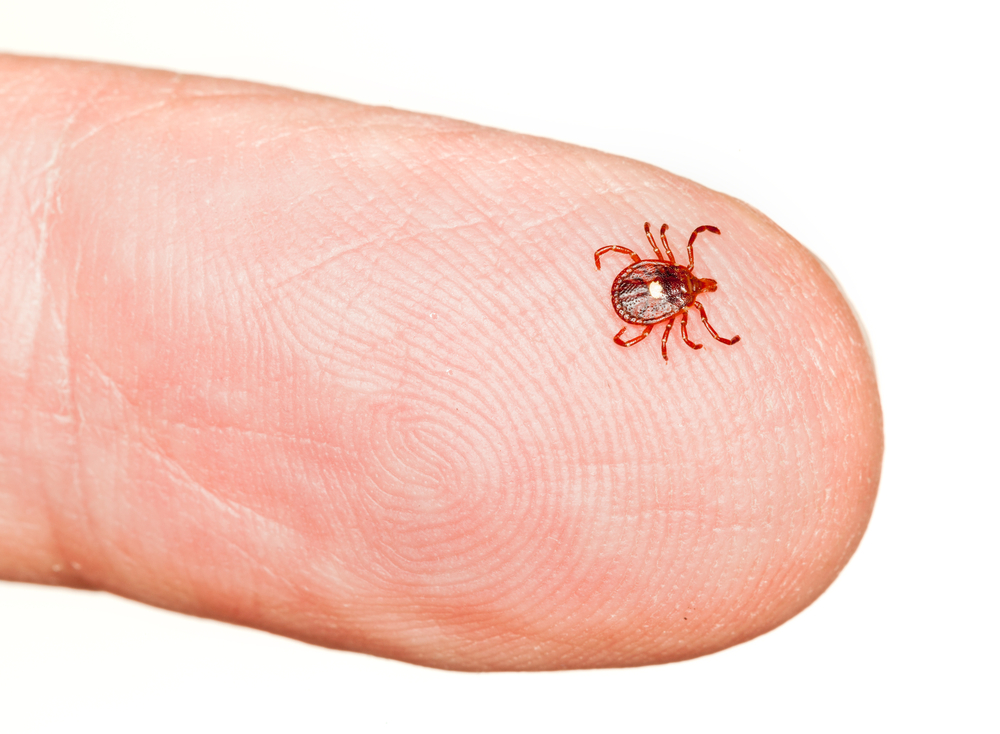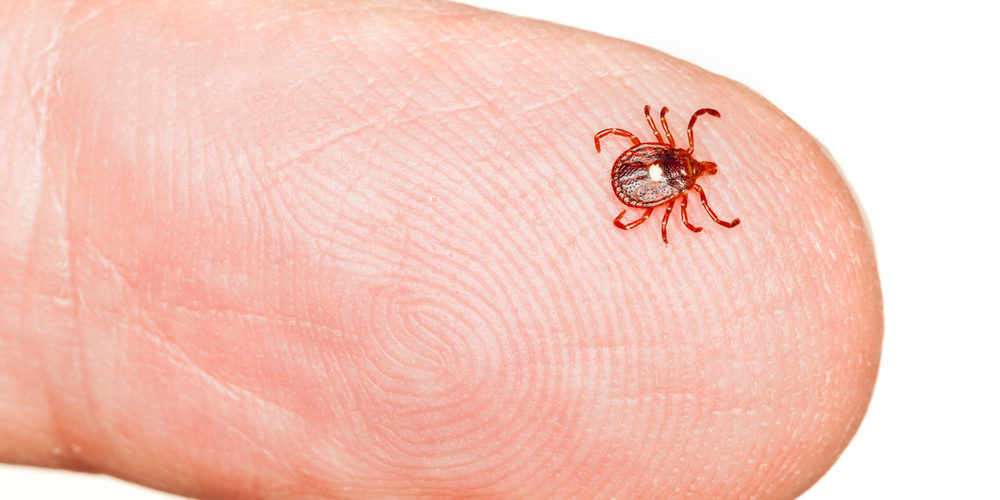 When one is bitten by a tick in the Northeastern United States it can trigger concern about Lyme Disease. However, hundreds of cases of a new tick-related disease which causes a severe allergy to red meat have recently been diagnosed on Long Island.
When one is bitten by a tick in the Northeastern United States it can trigger concern about Lyme Disease. However, hundreds of cases of a new tick-related disease which causes a severe allergy to red meat have recently been diagnosed on Long Island.
The culprit appears to be the lone star tick, named for a distinct white dot on the back of the adult tick. Experts believe the lone star tick produces a sugar from its gut called galactose-alpha-1,3-galactose, or “Alpha-Gal.” In some cases, the human immune system develops an allergic response to that sugar. Because Alpha-Gal is also found in red meat, a bite by the lone star tick may trigger an allergic reaction to anything from beef hamburgers to bacon. Repeated tick bites can potentially cause the antibody level of Alpha-Gal to rise, worsening reactions.
Within three to eight hours after consuming red meat, a person who has the allergy can get hives, experience swelling and have difficulty breathing. Some could even develop severe allergic reaction that could lead to the closing of their airways and require immediate medical attention.
Anthony Szema, MD, an allergist and immunologist in South Setauket, NY, treated a patient from Shelter Island last year who went into anaphylactic shock after eating a hamburger due to a bite by a lone star tick. Then, after being hospitalized, he had a second allergic reaction to milk.
The CDC advises monitoring your health closely after any tick bite, and consulting your physician if you experience a rash, fever, headache, joint or muscle pains, or swollen lymph nodes within 30 days of a tick bite. These can be signs of a number of tick-borne diseases.
Tick-borne illness may be prevented by avoiding tick habitat (dense woods and brushy areas), using insect repellents containing DEET or permethrin, and wearing long pants and socks. Check for ticks and promptly remove ticks after outdoor activity.

